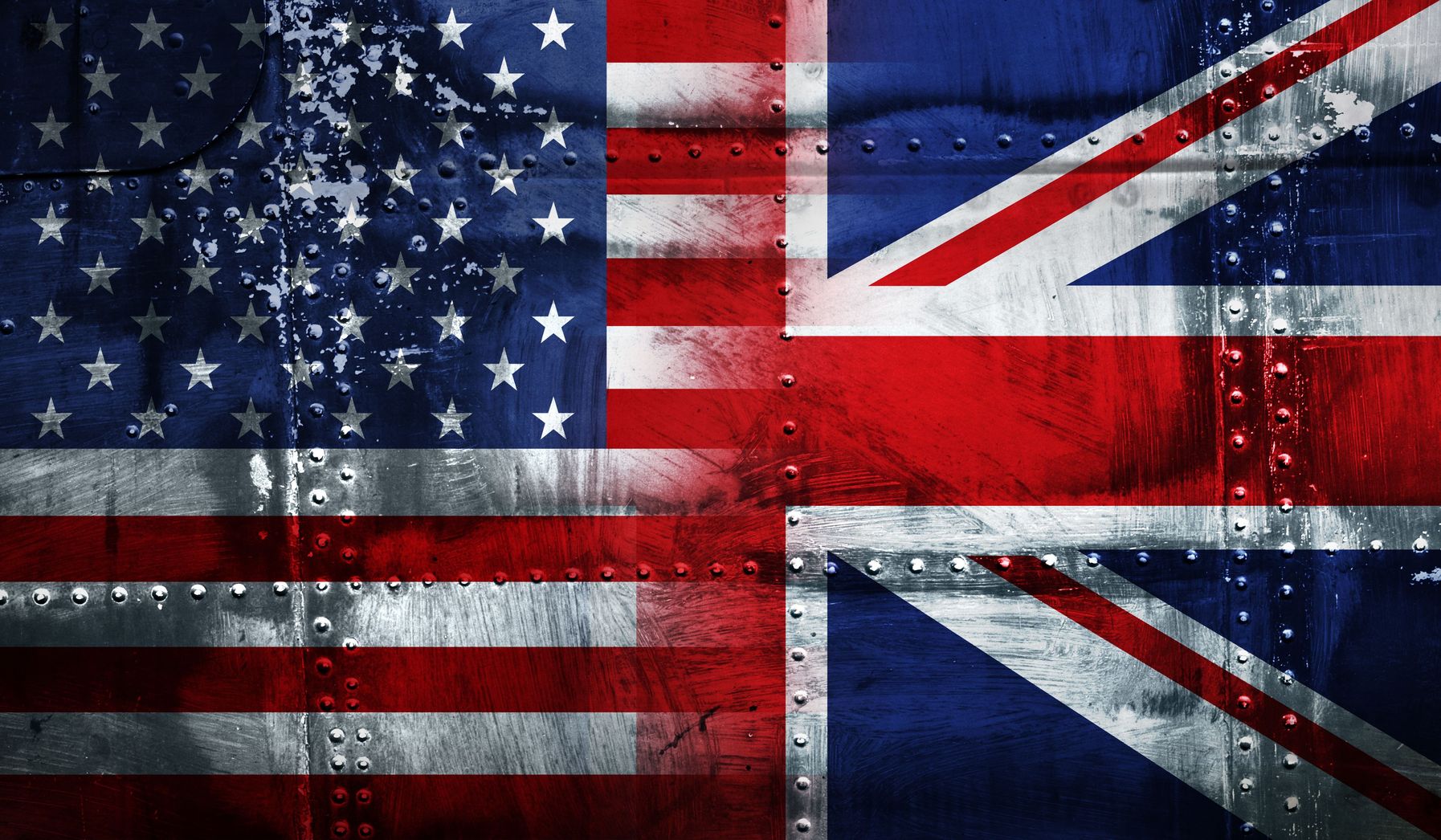 George Bernard Shaw and Oscar Wilde both expressed the sentiment that the United States and the British Isles are two cultures separated by a common language. While people on both sides of the Atlantic speak the same language, you’ll find quite a few differences. Many of these differences can lead to some amusing confusion, or land you in a fair bit of trouble. Setting regional accents aside (try listening to a Glaswegian accent), a lot of the misunderstanding really comes down to differences in vocabulary. Here are some of lexicon items that will either help you make new friends — or get you a slap in the face — depending on where and how you use them.
George Bernard Shaw and Oscar Wilde both expressed the sentiment that the United States and the British Isles are two cultures separated by a common language. While people on both sides of the Atlantic speak the same language, you’ll find quite a few differences. Many of these differences can lead to some amusing confusion, or land you in a fair bit of trouble. Setting regional accents aside (try listening to a Glaswegian accent), a lot of the misunderstanding really comes down to differences in vocabulary. Here are some of lexicon items that will either help you make new friends — or get you a slap in the face — depending on where and how you use them.
Fancy
In America, something that is fancy is complicated, elegant and very nice. In England, fancy is more of a verb. If you “fancy” someone, that usually means you really like the other person in a romantic kind of way. “I do believe I fancy that very fancy lady.”
Fanny
Fanny means backside in the good ol’ USA. Across the pond, it means vagina. So when an American tells someone from Britain that her mother used to spank her fanny when she was bad, that can raise quite a few eyebrows. “Fanny packs” make the English laugh to no end. They’re called “bum bags” in England because no one wants to walk around with a “vagina” bag.
Fag
In the UK, a ‘fag’ is just a simple cigarette. So, when you’re in a London pub and someone asks you to pass him or her a “fag,” or light his or her “fag,” you’ll know exactly what that person is talking about. Unfortunately, in America, the word is a derogatory term for homosexual. Oddly enough, the word, which comes from a term describing a bundle of sticks, was once used to describe a woman who wasn’t very pleasant — and had nothing to do with person’s sexual orientation at all.
Knock Someone Up
If you “knock someone up” in the English countryside, you’re merely knocking on someone’s door in order to begin your visit. If you knock someone up in the American countryside, you’ve gotten a girl pregnant, and you just might meet her irate father (and his shotgun) at the door. Thus, when an English person tells you he plans on knocking you up, you can relax. Although I suppose a man versed in American and British English could knock up (visit) a woman with the express purpose of knocking (impregnating) her up.
Pants
Pants in America cover you entire leg. In the UK, you’d call those things trousers. Pants are actually underwear in Great Britain. So, when an American in Manchester talks about walking around the house without any pants on, a British man or woman would picture the American in question as strolling around in his or her birthday suit.
Pasties
Pasties are patches that cover the nipples of women, and female strippers in the United States and elsewhere. If you hail from Cornwall, England, on the other hand, a pastie (or pasty) is a customary meat and vegetable pie. I suppose if the pie were baked in the shape of a female breast, you could slap a pastie on the center of your pastie for modesty’s sake.
Pissed
An American who is “pissed” could very well hit you in the face, because he or she is extremely angry and upset. Someone from the British Isles who is pissed might hit you too, but more likely he’ll vomit all over your shoes. When folks in England, Scotland Ireland and Wales get pissed, they get rip-roaring drunk — and generally do a lot of literal pissing behind cars, in alleys and in parking lots.
Rubber
A rubber is a condom, or a latex device made to act as a barrier during sexual intercourse, preventing the transmission of sexual diseases, as well as pregnancy. In England, a rubber is an eraser. So don’t be alarmed or get too excited if you end up studying in the UK and the pretty girl next to you asks you for a “rubber.” It’s not what you think. Or is it?
Randy
In America, a man can be named Randy. In England, randy means “horny.” That used to be a great joke for the English whenever they met someone called Randy. These days, thanks to the Austin Powers movies, most Americans know what “randy” and “shag” mean. Still, if your birth certificate reads “Randy,” you might want to insist on “Randall” when you visit London or Edinburgh — just to be safe.

























